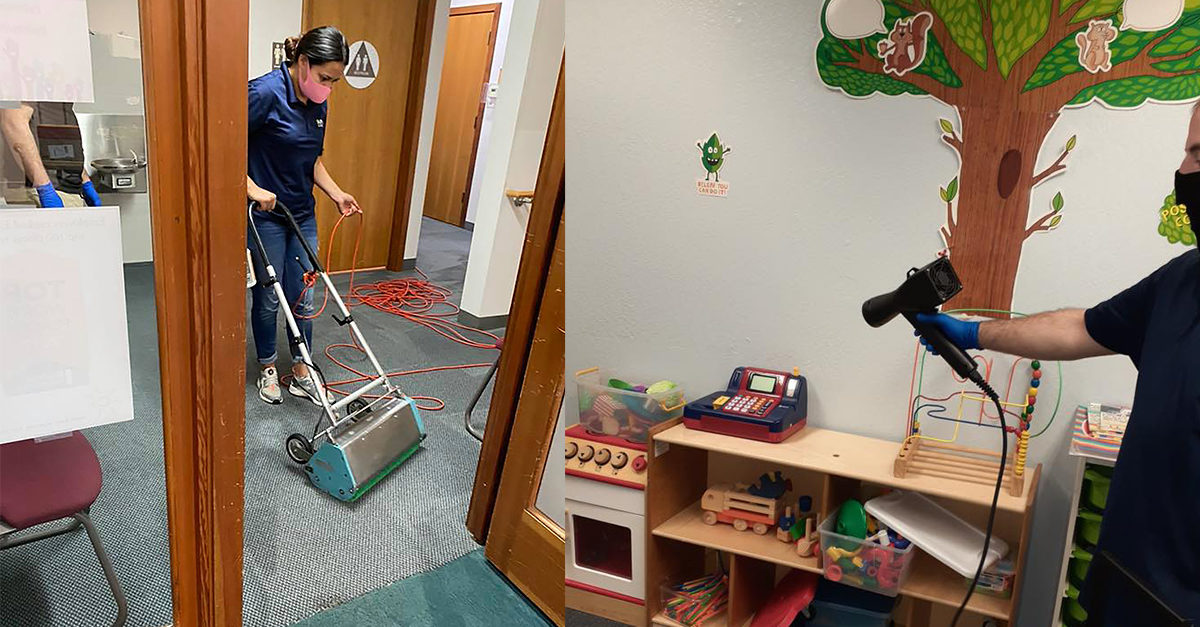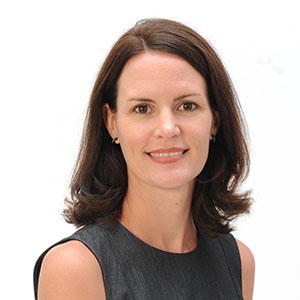A generous act can go a long way in the hands of the right people. More than a dozen nonprofit organizations are now benefitting from pro-bono cleaning and disinfecting services to keep them safe and open during the COVID-19 pandemic, thanks to one such generous offer.
APEX Surface Care, a national specialty commercial maintenance company, launched a pro-bono cleaning program after one of its largest customers—a Fortune 50 company in Northern California—committed to paying APEX for its contracted building maintenance services even though the company’s offices were closed due to the pandemic.
“Community service has been part of the fabric of our company from day one, and we saw this as an opportunity to expand our current giveback programs at a time when our services are most needed,” said Thomas Holland, founder and CEO of APEX Surface Care. “Rather than pocket the money, we put our employees to work helping our local communities.”
Serving the servers
Holland said the idea to pay it forward to high-risk, underserved populations—including women’s and homeless shelters, family crisis centers, and food banks—came from a conversation with his sister, a director of a community action agency in Arizona.
“She inspired me to leverage the opportunity to help out those agencies in dire need of help in the communities in which we work,” Holland said. “We decided we could benefit all stakeholders by providing cleaning and disinfecting services to nonprofits that support women and children in crisis as well as the homeless. During the pandemic, these agencies have been really hard-hit.”
Most of these nonprofits rely on donations or grants to fund their cleaning efforts, which are either contracted or performed by staff employees/volunteers (usually the latter).
“This means that in many cases, they are forced to rely on personnel who may have the best intentions, but may not be properly trained to apply disinfectants safely,” Holland said. “Many disinfectants are unsafe if used in occupied spaces, and these agencies can’t simply shut down as it means the difference between someone eating that day or not.”
Facility managers at St. Vincent de Paul of Alameda County, California, which provides a free meal program for about 600 poor and homeless people in downtown Oakland, know this all too well.
“About six [APEX] staff came to St. Vincent de Paul for about three weeks at the beginning of the lockdown and helped us make the transition and filled in for our volunteers at a time when we were not even sure we would be able to remain open. They really saved us,” said facility manager Armando Corpus.
As part of the program, trained APEX technicians provide free electrostatic-applied disinfection services, touchpoint cleaning and disinfecting, and carpet and floor cleaning and sanitizing.
Holland said the company plans to continue the cleaning program for nonprofits every year with its own investment for two key reasons: “It provides direct relief for local community agencies in need, and it provides additional hours for our technicians, which results in additional training opportunities. It’s a win-win.”




